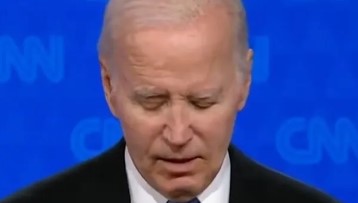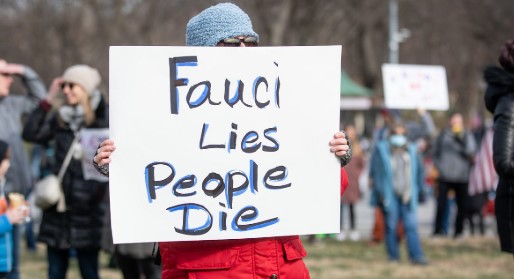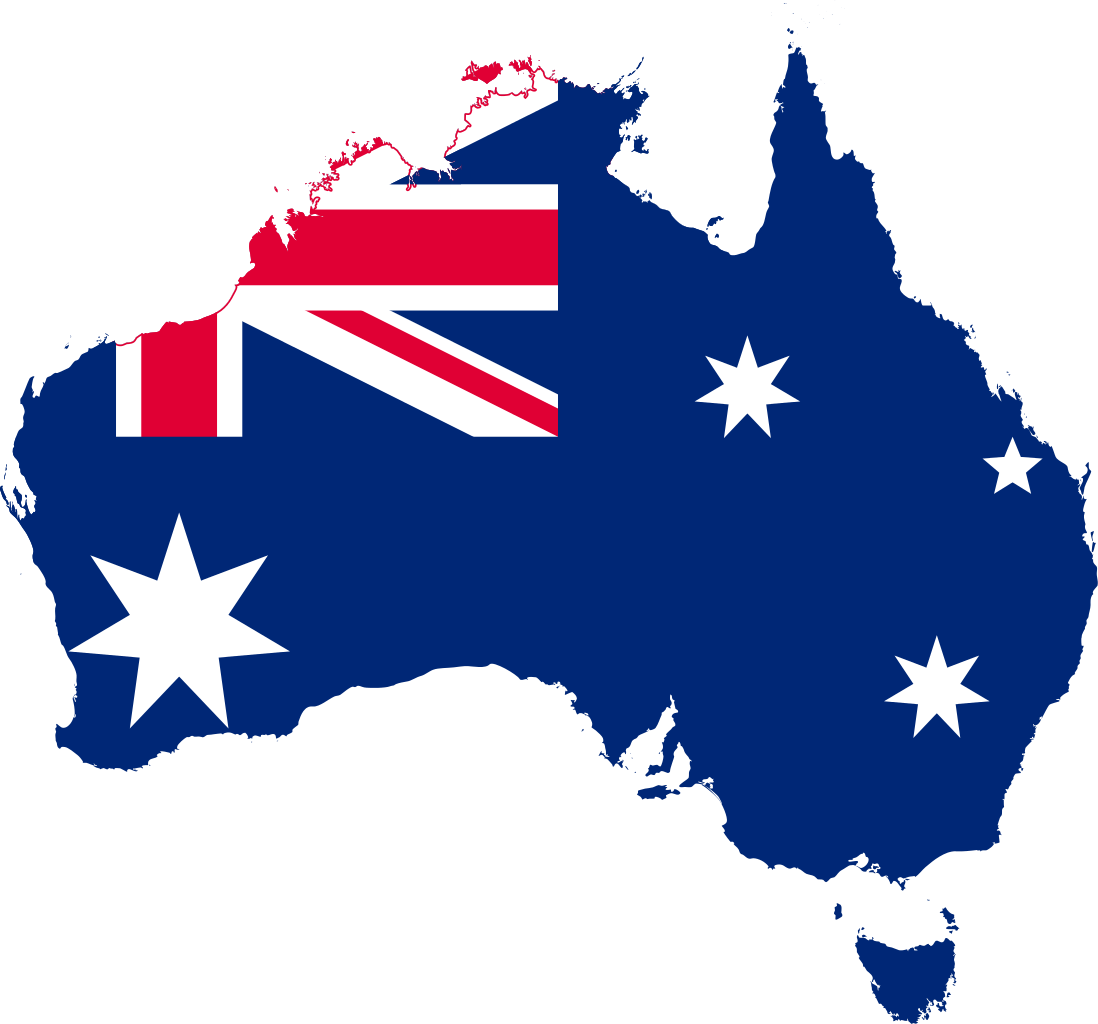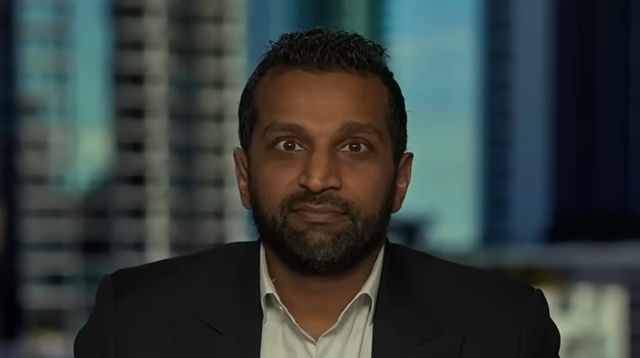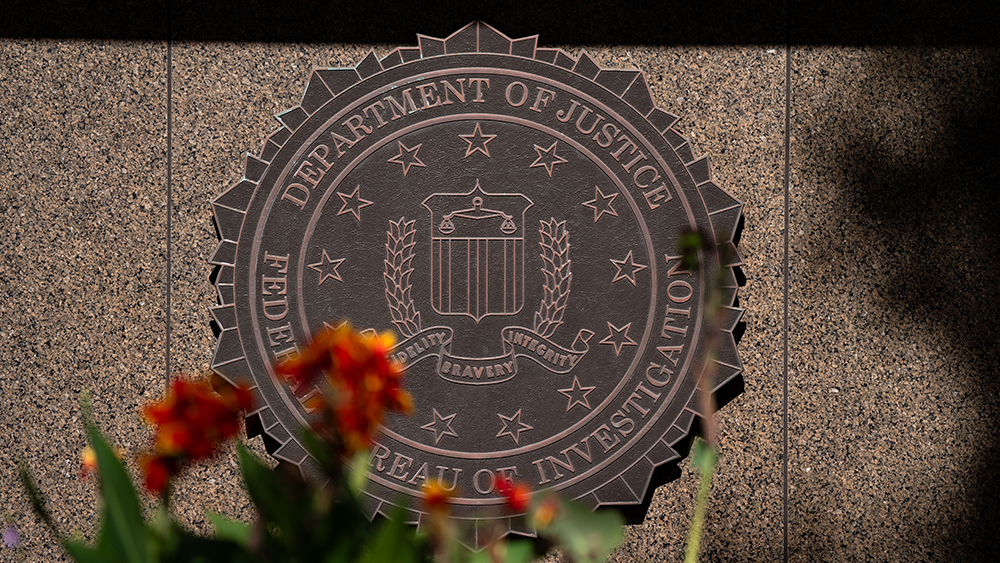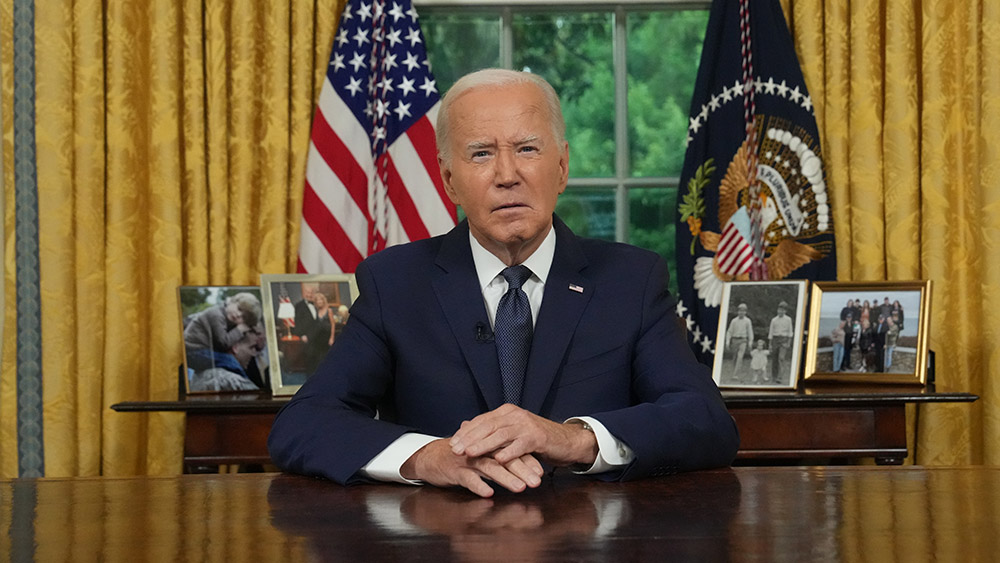Paris faces accusations of silencing conservative voices ahead of Romania’s election as Telegram founder pushes back
05/20/2025 / By Willow Tohi

- French authorities reportedly pressured Telegram to censor conservative voices in Romania ahead of the presidential election, targeting pro-Simion content. Telegram CEO Pavel Durov rejected the request, calling it antidemocratic.
- The election pitted pro-EU centrist Nicu?or Dan (backed by Macron) against far-right nationalist George Simion. Simion accused France of election interference, while Romania’s new anti-disinformation laws led to mass removals of pro-Simion posts.
- Durov, previously arrested by French authorities on contested charges, remains under investigation. He framed France’s actions as hypocritical, given its stance on democracy and free speech.
- The incident reflects growing tensions between tech platforms and governments over censorship. While Macron pushes for stricter regulation, Durov positions Telegram as a free speech advocate, gaining support in countries like Romania.
- The controversy raises concerns about whether content moderation is being weaponized for political suppression. Analysts warn of a double standard, with governments potentially co-opting tech platforms to control narratives, threatening democratic principles.
French authorities allegedly pressured the encrypted messaging platform Telegram to block conservative voices in Romania ahead of Sunday’s presidential election, according to a statement by Telegram founder Pavel Durov. The move, which Durov rejected, has sparked accusations of authoritarian overreach as the European Union grapples with tensions over election integrity and free speech. The voting centered on a contest between centrist Nicu?or Dan and far-right candidate George Simion, whom Durov described as a victim of “democracy-killing tactics” by France’s establishment.
Telegram’s Durov says France pressured platform to target pro-Simion content
Durov, a Russian-born CEO who holds French citizenship, stated on social media that he was approached by French intelligence officials in spring 2025 to suppress “conservative voices” in Romania. The request, which he dismissed as antidemocratic, followed months of escalating tensions between Durov’s platform and European governments. “You can’t ‘defend democracy’ by destroying democracy,” Durov wrote on X, citing Telegram’s refusal to block dissent in nations like Russia and Belarus.
The alleged French initiative was first hinted at indirectly via a baguette emoji in a May 18 post, and France’s Foreign Ministry swiftly denied the accusation, calling it a “diversion.” Earlier, in 2023, French authorities arrested Durov at Paris-Le Bourget Airport, accusing him of enabling child exploitation content and drug trafficking—a charge he denies. While freed on a €5 million bail, Durov remains under investigation, complicating diplomatic relations between Paris and his platform.
Macron’s EU ally wins as Romania descends into censorship controversy
Dan, a pro-European Union and NATO mayor of Bucharest supported by French President Emmanuel Macron, narrowly triumphed over Simion, a Trump-like nationalist who opposes Western military aid to Ukraine. Simion had accused France of meddlesome tactics, claiming Paris flooded Romania with cash and pressure via ambassadors. “They are robbing the people of their vote,” Simion told journalist Mario Nawfal last week, echoing pro-freedom rhetoric long championed by Durov.
Romania’s anti-disinformation laws, enacted in January, have drawn criticism for enabling censorship. Over 4,000 social media posts — many advocating Simion — are reported to have been removed in weeks leading up to the election, including a viral clip of a man clapping in support of the candidate. Critics, including centrist lawmakers and civil society groups, argue the rules unfairly classify everyday users as “political actors,” risking fines of up to $13,000 for noncompliant posts.
USR, Dan’s former party, has spearheaded opposition to such measures, condemning their selective enforcement. “To censor private citizens under the guise of ‘disinformation’ undermines democracy itself,” said MEP Dan Barna, highlighting hypocrisy as Macron condemns Russian interference while allegedly engaging in similar tactics at home.
A broader battle over free speech and sovereignty in Europe
Durov’s clash with Paris reflects a wider European debate over tech regulation. While Macron pushes for stricter control over platforms, Durov — whose app was banned and then rehabilitated in Russia in 2020 — has positioned himself as a defender of free expression. His stance resonates in nations like Romania, where 75% of voters use Telegram daily, and Simion’s anti-establishment rhetoric drew mass appeal.
Historically, both far-right and pro-EU factions have weaponized tech platforms to sway voters, but analysts warn of a dangerous double standard. “If governments can co-opt Silicon Valley, they’ll do the same to decentralized apps,” said Budapest-based tech lawyer Tamás Orbán, noting similar controversies in the 2024 U.S. election.
Will Europe embrace free speech amid election fears?
As Dan’s victory solidifies Macron’s influence in the European Council, the Telegram controversy raises urgent questions. Is content moderation a public safety necessity or a tool of suppression? And does selective censorship undermine the democratic values Western leaders claim to uphold?
Durov’s refusal may have safeguarded Romanian users’ freedoms, but the unresolved legal cases against him and Macron’s denial leave doubt over transparency. As Romania braces for potential appeals of election results and France faces global scrutiny, the world watches whether the EU’s liberal framework can endure its own test of courage — or become the next casualty of fear.
The collision of power, privacy and politics now demands accountability, lest Europe’s next digital battlefield erode the very democracies its leaders defend.
Sources for this article include:
Submit a correction >>
Tagged Under:
bias, big government, Censorship, conspiracy, cyber war, deep state, election interference, fascism, France, freedom, Glitch, insanity, Liberty, Macron, outrage, Pavel Durov, Resist, rigged election, Romania, speech police, Suppressed, Telegram, thought police, Tyranny, vote fraud
This article may contain statements that reflect the opinion of the author
RECENT NEWS & ARTICLES
COPYRIGHT © 2017 PENSIONS NEWS


